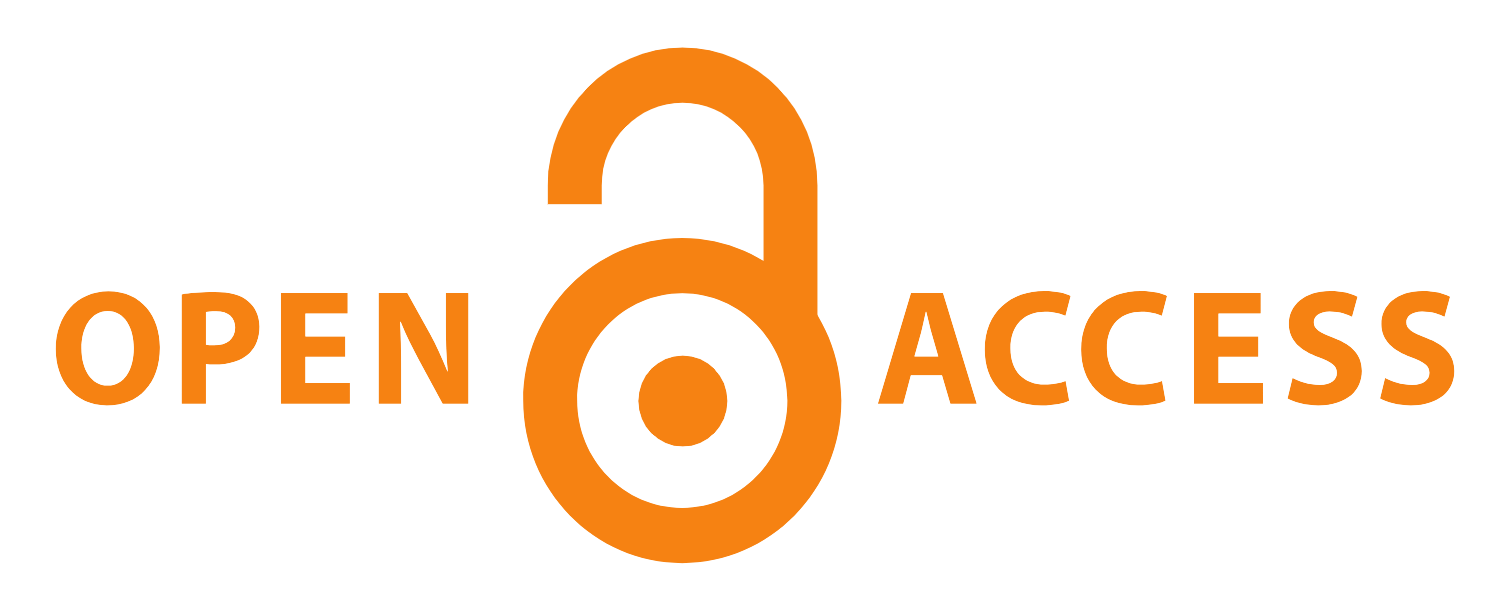Call for Papers - Vol. 5, No. 1
Exploring the Intersections of Gender, Power, and Collective Resistance in Gaming Cultures
Guest Editor: Luciana Lima (Integrated Researcher at Interactive Technologies Institute (https://iti.larsys.pt), LARSyS (Laboratory of Robotics and Systems in Engineering and Science), Universidade de Lisboa) & Ana Pires (Integrated Researcher at Interactive Technologies Institute (https://iti.larsys.pt), LARSyS (Laboratory of Robotics and Systems in Engineering and Science) and Invited Professor at Instituto Técnico Superior (IST), Universidade de Lisboa, Portugal)
Publication Timeline
Submitted manuscripts should not have been published previously, nor be under consideration for publication elsewhere. Dates are indicative.
Full Paper Submission Deadline: 31-04-2026
Notification of Acceptance for Full Paper Submissions: 31.07.2026
Publication Date: First semester of 2027
When submitting, please indicate which call you are referring to.
Read more about Call for Papers - Vol. 5, No. 1







